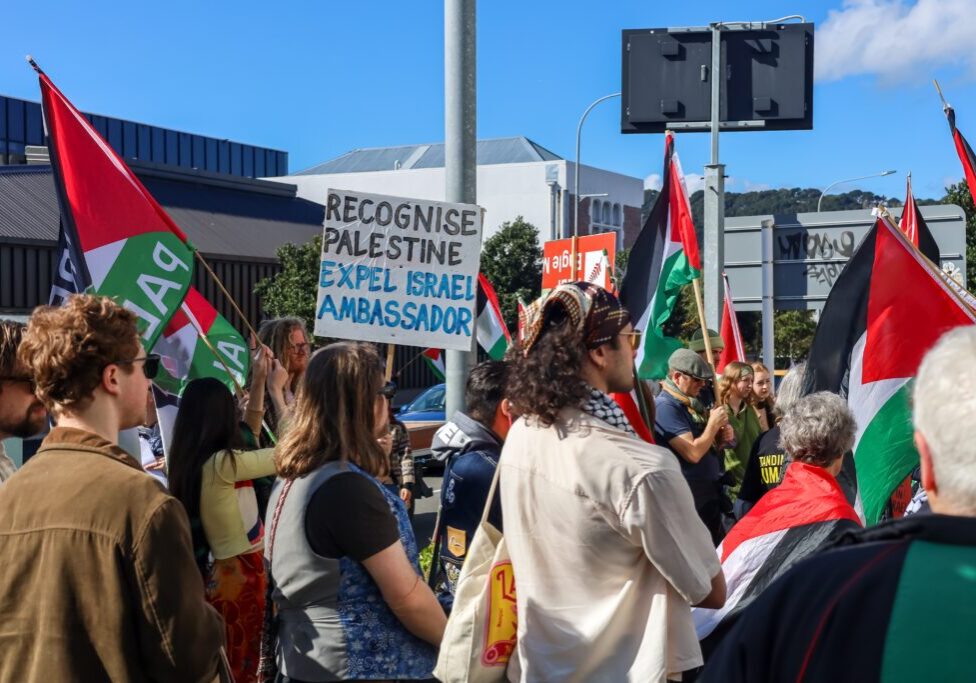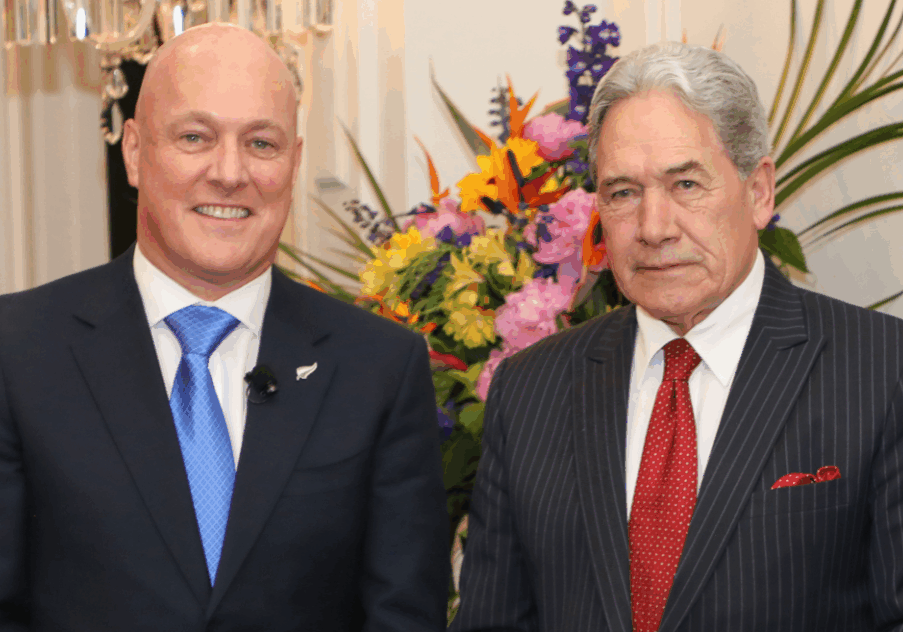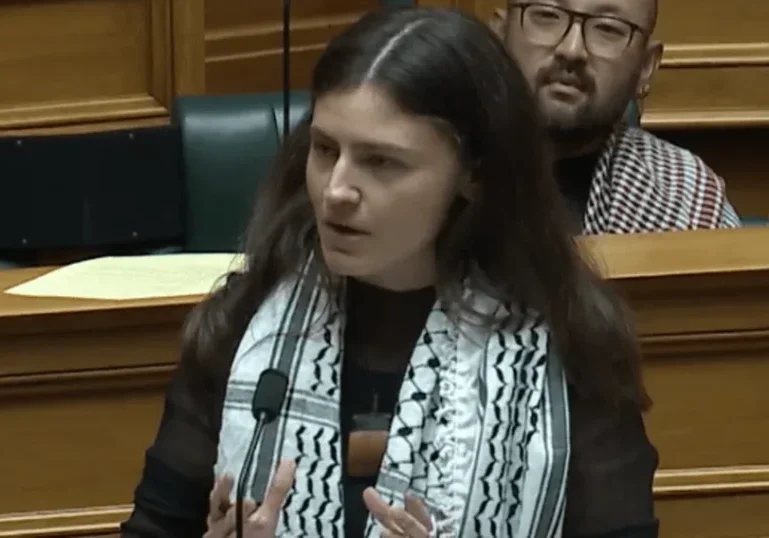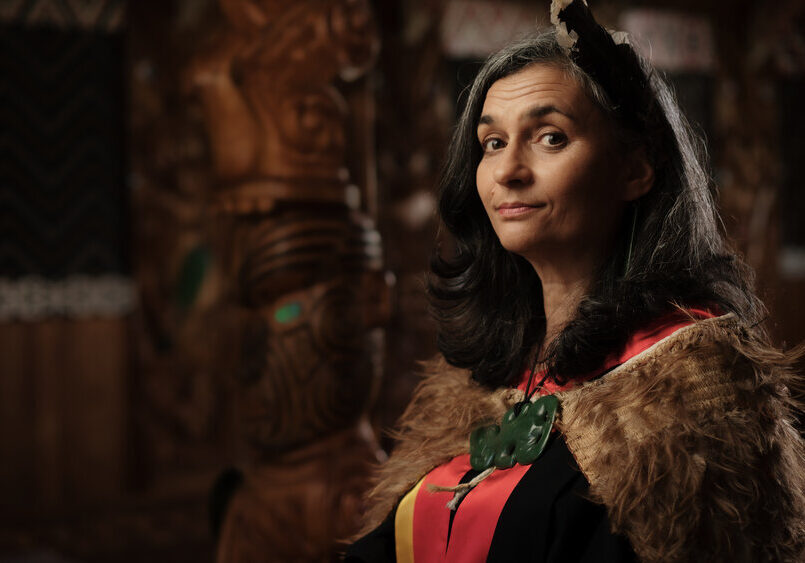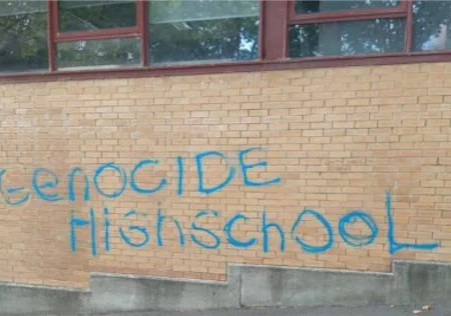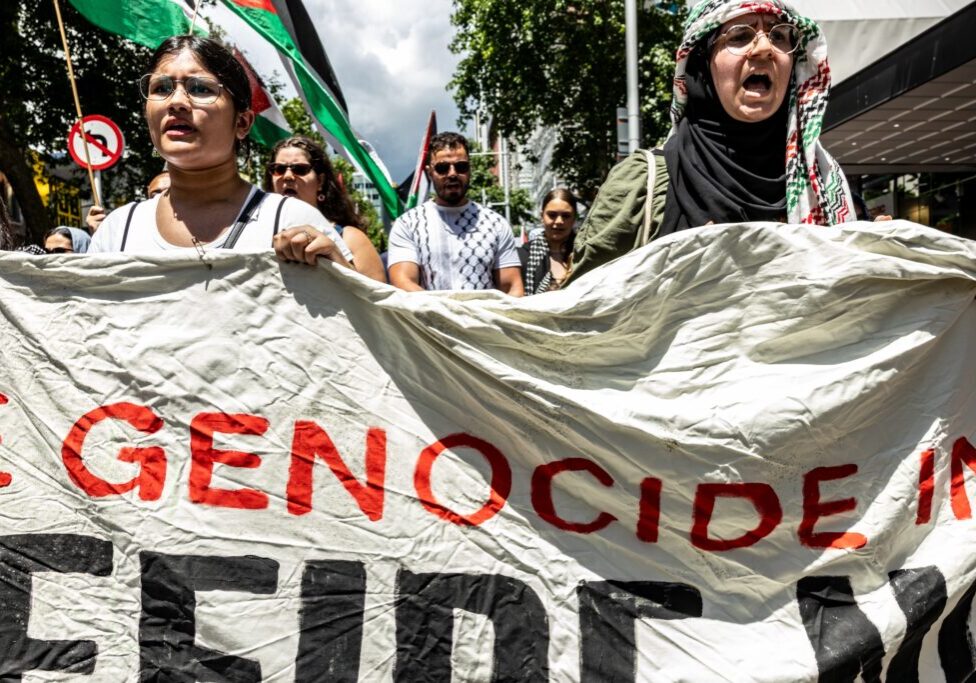Australia/Israel Review
AIR New Zealand: The battlelines of summer
Feb 23, 2009 | Miriam Bell
By Miriam Bell
Summer in New Zealand is not traditionally a time for politics – or even hard news. Both the media and the public prefer to focus on the weather, the beach and tales of holiday fun. Even the tragic Asian tsunami of Boxing Day 2004 failed to significantly dent this summer tradition.
But this year was different. All around the country, conversations about the Israel-Hamas conflict took place at parties, over the BBQ and even at the beach, while the conflict also dominated media coverage for several weeks. There was no escaping the topic and it seemed everyone, no matter how ill-informed, had a supposedly expert opinion on the matter.
This in itself says something about the way Israel, and the issues surrounding it, are viewed by many New Zealanders. It does not seem to matter what horrors are happening elsewhere in the world, if anything is going on which involves Israel, this will dominate the news and public comment.
As it happens, this year, at exactly the same time as the most recent Israel-Gaza conflict, the latest awful chapter in the Sri Lankan civil war was unfolding. In Sri Lanka there were suicide attacks, assassinations, UN hospital bombings, and civilian casualties certainly in the hundreds, probably in the thousands (one estimate has 3,200 people dead in the fighting in December and January alone).
Did this make the news? Barely. Was the general public aware of the situation? Apparently not.
In the political sphere, Green party MP and foreign affairs spokesperson Keith Locke issued no less than five media releases on the Israel-Hamas conflict. He issued one media release on the situation in Sri Lanka – and that only after the Middle East conflict had settled down.
Each of Locke’s media releases used terminology like ‘Israel’s murderous/criminal/unprecedented assault on innocent civilians,’ and each one accused Israel of terrorism and/or war crimes. At the same time, Locke also played down the role of Hamas in the conflict and claimed that “Hamas leader Ismail Haniya has offered talks on outstanding issues when there is a ceasefire and the blockade of Gaza is lifted”.
Along with attending as many anti-Israel protests as possible, Locke also accused New Zealand’s new National-led government of not doing or saying enough in support of the Palestinians. This led Foreign Affairs Minister Murray McCully to brand Locke’s criticisms as “pure sophistry”, and emphasise the need to be “even-handed in dealing with the situation”.
McCully said that, while the government was concerned by the growing humanitarian crisis in Gaza, it was not prepared to “choose sides in the conflict in the manner that Mr. Locke suggests”. Rather, he said, both sides needed to step back from the brink and avoid putting civilians in danger. Only after a shaky ceasefire began did McCully announce that New Zealand would give the Red Cross NZ$1 million towards its humanitarian work in Gaza.
In the public sphere, regular anti-Israel protests and demonstrations took place around the country. At one such protest in Wellington, Catholic priest Gerard Burn sprinkled red paint mixed with a drop of his own blood, on a memorial monument to Yitzhak Rabin.
In Auckland, veteran protester John Minto and his rent-a-mob (aka Global Peace and Justice) staged a noisy protest outside the ASB Tennis Classic. The protest was aimed at forcing Israeli tennis player Shahar Peer to withdraw from the tournament. However, online polls on both the New Zealand Herald and the STUFF websites, which asked whether Minto’s action was justified, found an overwhelming majority of respondents disagreed with his stance.
On the South Island, cafés in Invercargill and Kaikoura refused to serve Israeli patrons. These actions also outraged many people and prompted multiple complaints to the race relations conciliator Joris de Bres of the Human Rights Commission.
De Bres stated, “whatever the rights and wrongs of the situation in Palestine, it is simply against the law for providers of goods and services in New Zealand to discriminate in this way”. The complaints are currently progressing through the Commission’s dispute resolution process.
To combat all the anti-Israel protests and demonstrations, various groups organised well-attended “pro-peace” demonstrations in Auckland and Wellington. The group Kiwis for Balanced Reporting on the Middle East embarked on a newspaper letter-writing campaign, and announced that its membership had increased significantly over the course of the conflict. Furthermore, a new Israel support group called Kiwi Friends of Israel was formed, and immediately denounced various calls for a “comprehensive boycott of Israel”.
This seemed to signal a slight change in general perception. In this conflict, there were people sticking up for Israel and/or Israelis – in spite of somewhat unbalanced media coverage and the activity of Minto and company.
There was even a bit of a shift in some media commentary. Some of the op-ed pieces by anti-Israeli columnists like Matt McCarten (sample title: “Palestinians fight for justice: a struggle against ‘apartheid’”) met with articles in response by people like Wanganui Mayor and talkback host Michael Laws (sample title: “Israeli is guilty of nothing but weak backhand”).
For these reasons, I hope that, despite the obsessive and often blinkered coverage of this most recent Israel-Hamas conflict, maybe the average Kiwi is actually beginning to try to find out more about a terribly complex, and tragic, situation.
Tags: Australasia, New Zealand

